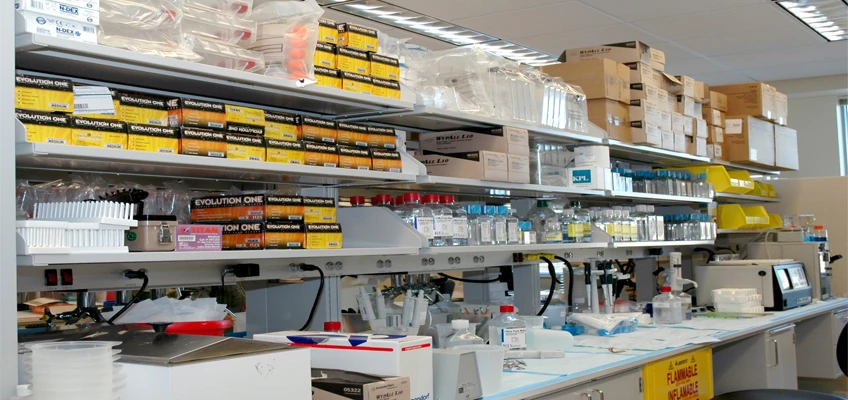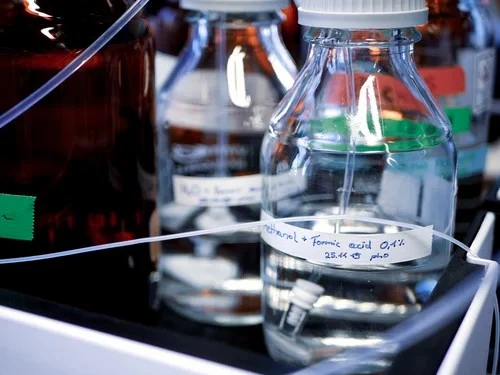We explore the legitimate, responsible use of research chemicals in Europe, focusing on legal guidelines, ethical sourcing, and how to choose the right supplier for academic and scientific purposes.

What Are Research Chemicals?
Research chemicals, also known as analytical reference materials or novel psychoactive substances (NPS), are chemical compounds used primarily in scientific and laboratory research. They are not intended for human or veterinary use, and their distribution is tightly controlled in many jurisdictions.
These substances are used to:
- Study the effects of new compounds on biological systems.
- Test hypotheses in chemistry or pharmacology.
- Serve as reference standards in analytical laboratories.
When handled professionally, research chemicals contribute to advancements in medical science, toxicology, and neuroscience.
The Role of Research Chemicals in Scientific Research
Researchers in Europe and around the world use these compounds to develop insights into pharmacodynamics, receptor binding, and metabolic processes. For instance:
- Neuropharmacologists study how synthetic compounds interact with brain receptors.
- Forensic labs use research chemicals as reference materials to identify unknown substances.
- Chemistry departments synthesize and test new compounds under highly regulated conditions.
In all these settings, chemicals are used with strict adherence to safety protocols and ethical standards.
Legal Framework and Regulation in Europe
Each European country has its own approach to regulating research chemicals. While the European Union offers guidelines under REACH (Registration, Evaluation, Authorisation, and Restriction of Chemicals), enforcement and classification vary at the national level.
For example:
- Germany enforces strict control under the BtMG (Narcotics Act) and AMG (Medicines Act).
- The Netherlands lists banned substances under the Opium Act, with researchers requiring special licenses.
- The United Kingdom, now outside the EU, enforces the Psychoactive Substances Act 2016, which broadly restricts substances with psychoactive effects.
It is essential for any researcher or institution to be fully aware of both local and EU-wide regulations before obtaining or working with these compounds.
How to Choose a Responsible Research Chemical Supplier in Europe
When sourcing research chemicals, it’s critical to identify legitimate suppliers that prioritize safety, legality, and scientific integrity. Here are the key factors to consider:
- Certification and Compliance: A reputable supplier should comply with EU regulations and provide documents such as Certificates of Analysis (CoA) and Material Safety Data Sheets (MSDS).
- Transparency: Suppliers should clearly state that their products are for research purposes only and not for human consumption.
- Shipping and Handling: They must follow proper packaging, labeling, and storage standards to ensure product integrity during transit.
- Customer Support: Responsive customer service and technical assistance can be a sign of a legitimate scientific partner.
While we won’t mention specific companies here, many labs source from EU-based suppliers known for their high standards and regulatory compliance. A search for “ISO-certified research chemical supplier Europe” is often a good starting point.
Why Due Diligence Matters
Sourcing from unverified or underground suppliers carries serious risks:
- Legal Consequences: Purchasing controlled substances without a license can lead to fines or criminal charges.
- Health and Safety: Improperly synthesized or mislabeled compounds can cause accidents in the lab.
- Scientific Integrity: Using low-quality or contaminated materials can compromise research results.
Due diligence is not just a legal requirement — it’s a responsibility to science, safety, and society.
Conclusion
The world of research chemicals is complex, but with the right knowledge and a commitment to ethical practices, scientists in Europe can safely and legally explore new frontiers. By understanding the legal landscape, prioritizing transparency, and choosing reputable suppliers, researchers can ensure that their work not only advances knowledge but also adheres to the highest standards of responsibility.
If you’re a researcher navigating this field, always consult legal advisors and local regulatory bodies to remain compliant. Science thrives in an environment of integrity, and the careful use of research chemicals is no exception.
Related Sources:
Wholesale Research Chemicals Supplier in Europe
Understanding the Legal Landscape of Research Chemicals in Europe
Trusted research chemical vendors


